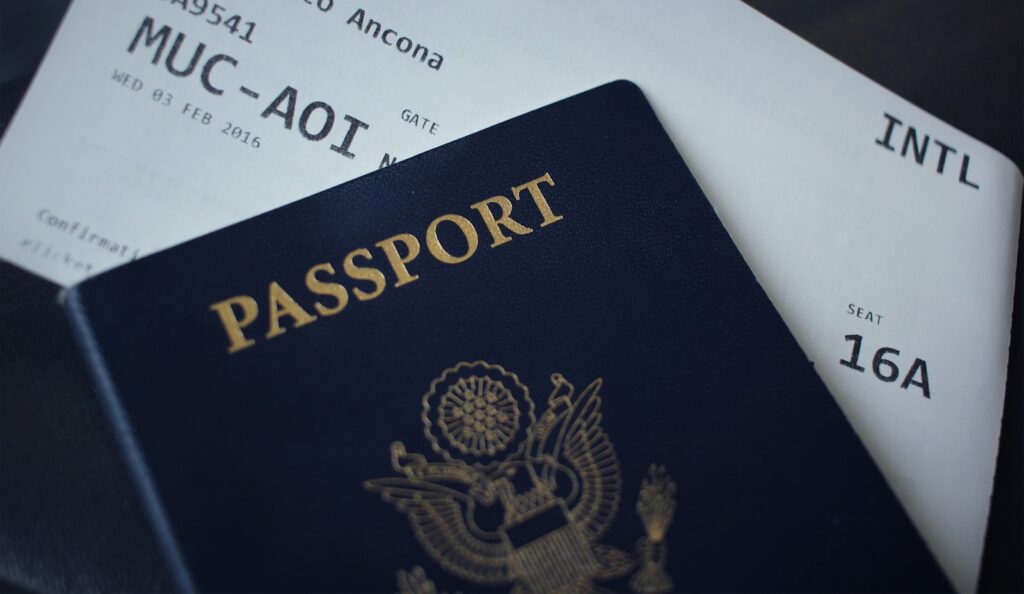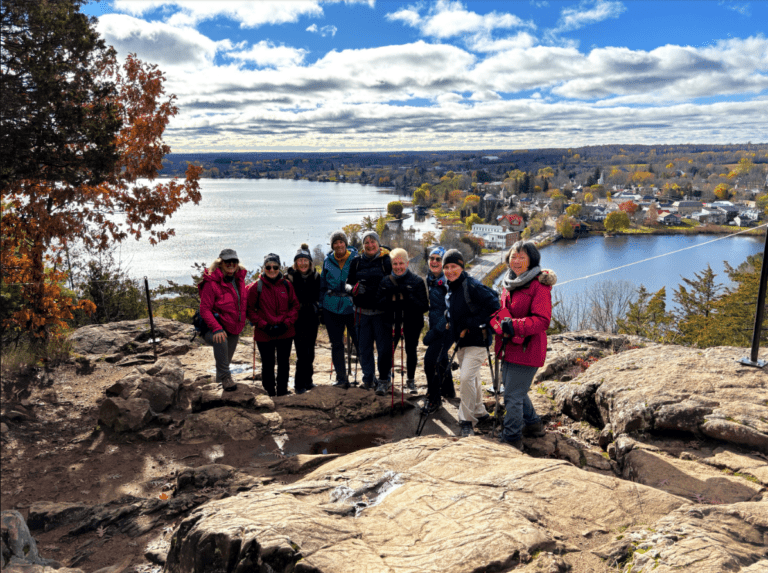
Moving and settling in a new land requires more than a suitcase and an airline ticket, though. Deadlines and the level of excitement may turn into anxieties, even without the added element of paperwork and changes in rules that they can bring. A great number of newcomers prefer to live in the capital of the country due to its workplaces, schools, and bilingual environment; nevertheless, on the way to Ottawa, one must first submit an accepted application. Professional help, such as advice from an immigration consultant Ottawa offers, can reduce guesswork, keep documents on track, and free up time for planning the fun parts of relocation.
Why clear guidance matters
The Canadian system is based on detailed requirements, which include producing language scores, evidence of funds, police certificates, medical examinations, and many other documents. Both the programs sit under the checklist (Express Entry, family sponsorship, and study permits). Failing to deliver one form or supplying the wrong version can sometimes result in a delay of several months. The consultants take legal terms and translate them into language that non-professionals can understand, providing a plan on what to achieve, which may include joining a family by summer or commencing a degree next fall.
Lawyers also follow policy development. Express Entry, for instance, sets cut-off scores on a dynamic basis, which are adjusted on a regular basis. Those who receive the warning have time to schedule tests or collect work histories that would have otherwise been forgotten, allowing them to take advantage of the unexpected point drop.
It is useful to resolve some of the misconceptions that exist before wading into the process steps.
- Permanent residency is typically ensured by securing a job offer. Only some full-time long-term offers where labor is given due regard to add additional points, and that too as one of the many factors.
- International students can immediately apply to become residents of the country after graduating, provided they hold a valid study permit. The most common form of experience required by graduates is Canadian job experience, which can be acquired through a post-study work authorization.
- Family members often sponsor cousins and friends. The basic family category consists of spouses, partners, children who depend, and parents, or in particular instances, grandparents.
These are some of the considerations that can be made early to avoid unnecessary energy wastage, and realistic plans can be set.
Building a stress-free application routine
Organizing documents is the second step after selecting options in programs. The application to the position should not be a mad dash toward the finish line; consultants remind the applicants to view paperwork as a routine task. The basic practice of ticking off preferences, time after time, maintains speed and eliminates last-minute surprises.
A brief plan might follow this order:
- Identity first. Obtain a valid passport that is valid for at least two years.
- Education records. Request sealed transcripts or credential assessments, which can take several weeks to arrive.
- Language tests. Book IELTS or CELPIP dates early; popular centres fill up fast.
- Proof of work. Draft employment letters that match government templates and include duties, hours, and salary.
These tasks are best tackled over a month, leaving space for corrections without rushing.
Once essentials are in hand, consultants use secure portals to upload scans and ensure every file meets size and clarity standards. This digital accuracy speeds up officer review and reduces the chance of extra requests.
Balancing daily life during the wait
After submission, processing times range from a few weeks for visitor visas to many months for permanent residence files. Maintaining everyday routines, work, studies, and family commitments can feel tricky while refreshing status pages. Consultants monitor portals and communicate on the applicant’s behalf, allowing life to continue with fewer distractions.
During the wait, it is useful to prepare for arrival, even before the final approval:
- Research neighbourhoods for housing budgets and commute times.
- Compare provincial health-care enrolment steps to know coverage dates.
These small tasks keep the move practical and spread costs over several pay periods.
Settling smoothly once approved
Landing documents in hand, newcomers still face registration steps: applying for social insurance numbers, opening bank accounts, and enrolling children in school. Support offices in Ottawa offer welcome sessions, but preparing a short checklist ahead of time ensures appointments happen in the correct order.
Local consultants often provide settlement guides that point to free English-language classes, community centers, and job fairs. Connecting with these services early speeds up integration, turning unfamiliar streets into a new hometown more quickly.
Final Thoughts
Immigration requires planning, and planning requires time, but it doesn’t have to cloud the anticipation of a new life. A successful application is based on clear information, well-organized paperwork, and realistic expectations. With the help of professional guidance, such as that provided by Ottawa immigration consulting, seemingly tight regulations are converted into manageable tasks, which allows for more time to consider careers, studies, and weekend adventures along the Rideau Canal. The process of getting to the capital of Canada is not a maze of paperwork, but rather a terrain with the right guidance; with it, you will walk with confidence.












